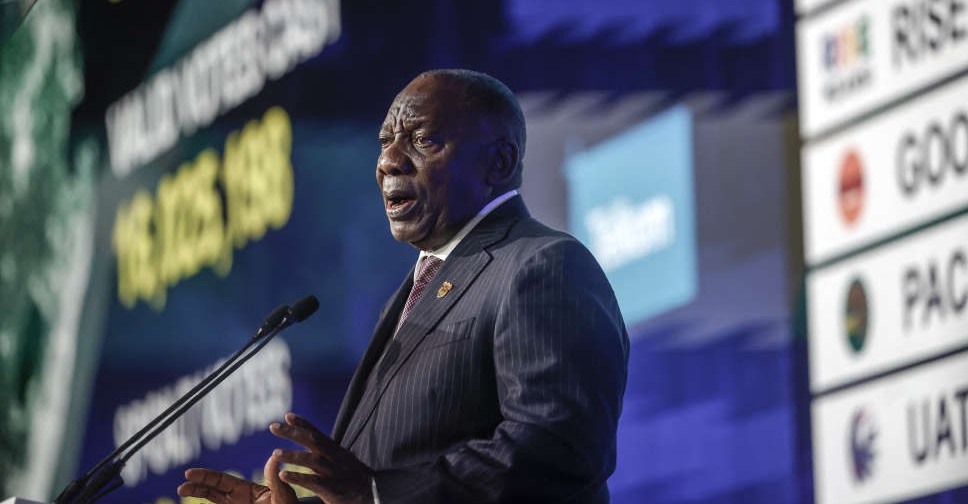
The African National Congress (ANC) announced on Wednesday that it is considering forming a government of national unity with a diverse array of parties following last week’s election results, where it lost its governing majority.
Speaking at a press conference in Johannesburg, ANC spokesperson Mahlengi Bhengu-Motsiri confirmed that discussions are underway with five parties, including the free-market-oriented Democratic Alliance (DA) and the Marxist Economic Freedom Fighters (EFF).
“The key objective is to explore the best options set out by the National Executive Committee, such as a government of national unity or a minority government,” Bhengu-Motsiri stated. “Currently, the focus is on forming a government of national unity as it reflects the people’s will.”
Since Nelson Mandela’s historic victory in 1994 that ended apartheid, the ANC has governed South Africa. However, this election saw voters express dissatisfaction over persistent poverty, unemployment, crime, corruption, and frequent power outages.
Despite remaining the largest party, the ANC can no longer govern alone and aims to unite various societal sectors to address the pressing need to move past the current political impasse.
“We have engaged with all parties willing to contribute ideas on how to advance our country collectively,” Bhengu-Motsiri added.
The election results have left voters, politicians, and financial markets anxious about which party or coalition will form the next government.
The Zuma Factor
In the new National Assembly, the ANC will hold 159 seats out of 400, the DA 87, the populist uMkhonto we Sizwe (MK) 58, the EFF 39, the socially conservative Inkatha Freedom Party 17, and the far-right Patriotic Alliance nine.
The business community and investors prefer an ANC-DA coalition due to the DA’s pro-business stance and opposition to some of the ANC’s Black empowerment policies, which they argue have been ineffective. In contrast, the EFF’s agenda of nationalizing mines and banks and redistributing land is viewed negatively by markets and the private sector.
Following Bhengu-Motsiri’s remarks, the rand currency (ZAR=D3) experienced increased volatility, falling over 1% against the dollar at one point.
Bhengu-Motsiri also mentioned that the ANC approached MK, but their overtures were declined. “Our door remains open,” she said.
MK, led by former president Jacob Zuma, made a surprising third-place finish in the May 29 election. However, Zuma, a staunch adversary of ANC leader President Cyril Ramaphosa, rebuffed the coalition offer. Zuma was ousted as president in 2018 amid corruption scandals and later jailed for contempt of court after refusing to testify in a corruption inquiry.
Despite his controversies, Zuma retains significant popularity in his home province of KwaZulu-Natal, where extra police have been deployed to maintain order, as announced by the South African Police Service late on Tuesday. The province witnessed deadly riots in 2021 following Zuma’s sentencing.
